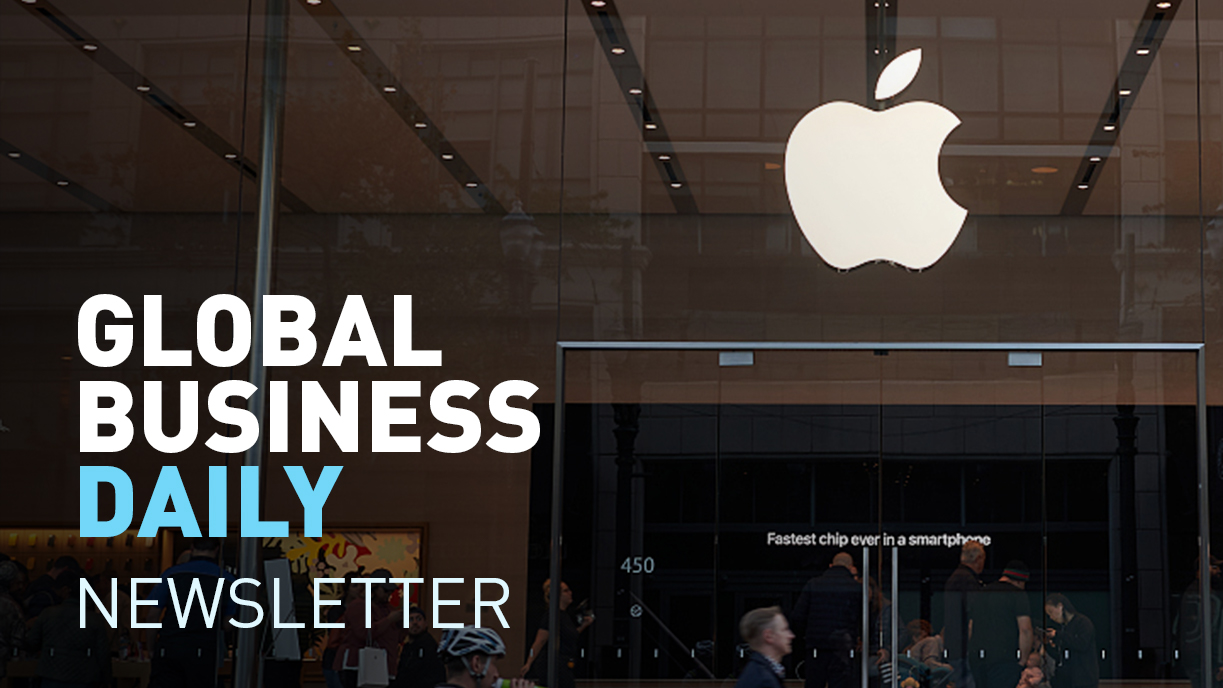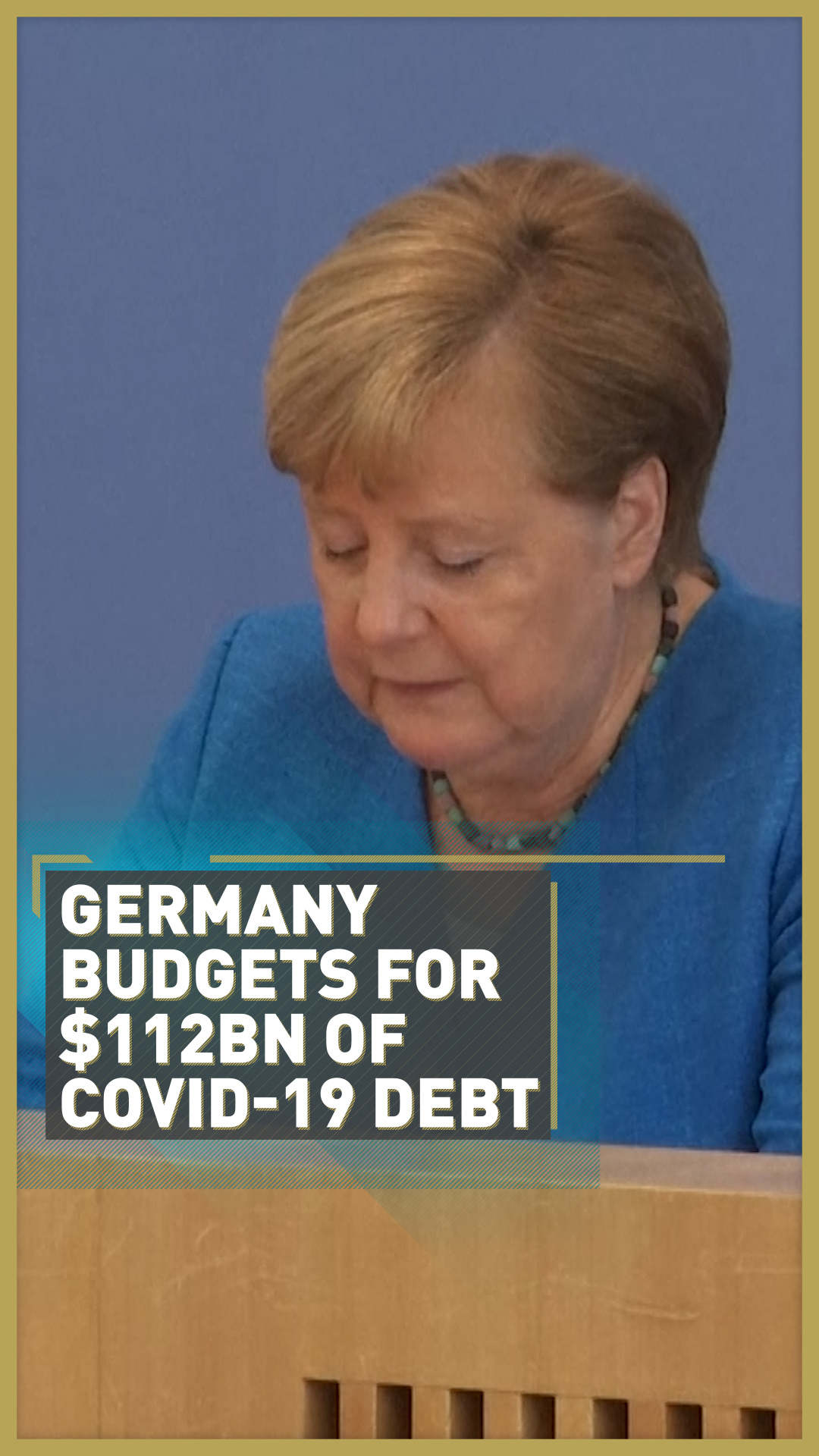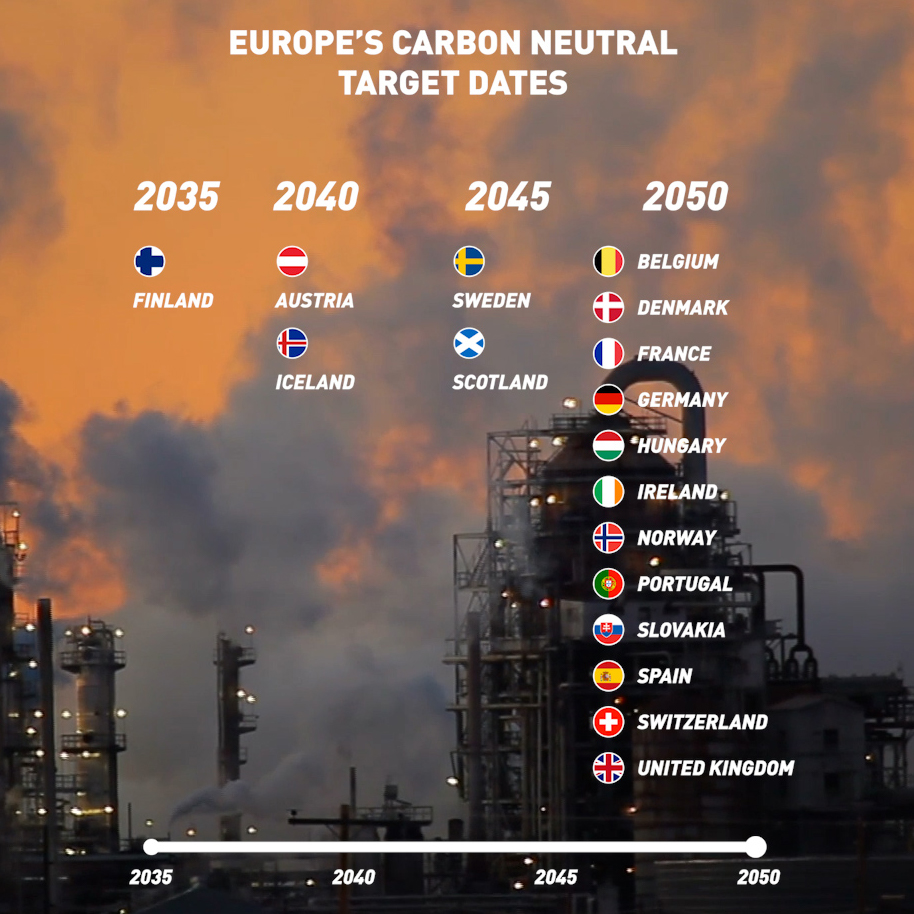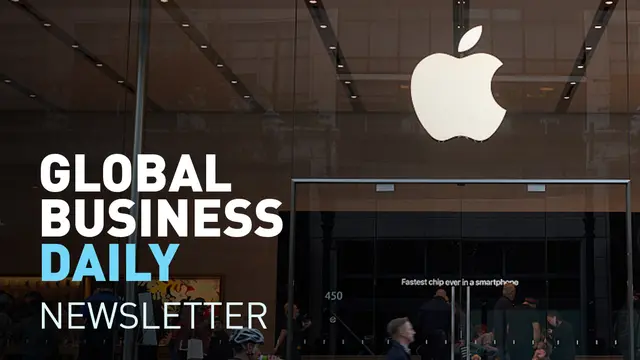"There's more work ahead – including to make sure that all businesses, including digital ones, pay their fair share of tax where it is rightfully due."
That was the European Union's antitrust chief , Margrethe Vestager, who was very unhappy with the Luxembourg-based General Court's decision to throw out her landmark case against U.S. tech giant Apple owing Irish back taxes .
But Vestager is standing her ground in what she calls a very important case, and is appealing the decision. A clear sign, or warning, perhaps, that her drive to get multinationals to pay their fair share of taxes will continue unabated.
"The Commission also respectfully considers that in its judgment the General Court has made a number of errors of law," Vestager strongly added – although Apple, clearly content with the ruling, said the court judgment proved it has always complied with Irish laws and that the issue was more about where it should pay taxes rather than the amount. The legal battle continues.
Speaking of ongoing battles, young people around the world, rallied by Swedish activist Greta Thunberg, are back on the streets (or their computers) today to demand urgent action to halt catastrophic climate change , in their first global protest since the coronavirus crisis began.
Some governments have been taking note and already pledged goals for what measures they are taking and when they expect to achieve carbon neutrality . You can take a look at our graphic at the end of the page to see which European countries have done so and where they stand.
But climate activists say not enough is being done by governments and businesses to drastically reduce emissions and invest in renewable energy rather than fund gas projects.
Finally, on the topic of polluters, read our interview below with Ken Skates, UK Minister for Economy, Transport and North Wales, who spoke about the news of the closure of car maker Ford's Bridgend factory , and what the move towards electric or hydrogen powered vehicles means for traditional car making towns.
Enjoy reading,
Arij Limam
Digital correspondent
**P.S. Did someone forward this to you? **
Sign up here

EU antitrust chief Margrethe Vestager has appealed against a court decision rejecting her order for Apple to pay back $15 billion in tax advantages to Ireland. The iPhone maker said it has always complied with Irish tax laws and that the issue was more a case of where it should pay taxes rather than the amount. But the appeal means the legal battle will continue, possibly for years.
New York retained the top spot in The Global Financial Centres Index (GCFI) on Friday, with London strengthening its position in second place just over three months before Britain's full departure from the European Union. **Shanghai **overtook Tokyo to take third place, while Hong Kong and Singapore took fifth and sixth place. Shenzhen and Zurich entered the top ten in this edition, replacing Los Angeles and Geneva.
U.S. car maker Ford is ending production at its UK-based Bridgend factory after 40 years and 22 million engines in the south Wales town . There are 1,644 staff employed at the site, most of whom have opted for retraining, while 120 will remain on-site for a few months longer to help with the decommissioning.
German luxury car maker BMW and two U.S. subsidiaries have agreed to pay an $18 million U.S. fine to resolve accusations that they disclosed misleading information about BMW's retail sales volume in the U.S. while raising approximately $18 billion from investors in corporate bond offerings.
Swiss private bank Julius Baer could seek to recoup $162 million from UBS, after it was ordered on Friday to repay the German government over millions in East German cash that vanished after the fall of the Berlin Wall.
FTSE Russell will add Chinese government bonds (CGBs) to its trillion-dollar flagship World Government Bond Index (WGBI), the index provider announced, paving the way for billions of dollars of inflows into the world's second-largest economy . China is a $16 trillion bond market, with about $1.5 trillion eligible for inclusion in the index according to FTSE Russell.
Italy's antitrust regulator has said it is to open an enquiry into budget airlines EasyJet, Ryanair, Blue Panorama and Vueling for offering vouchers and not refunds to passengers whose flights were cancelled due to COVID-19 , amid rising customer complaints. Similar investigations had been opened in July against Italian carrier Alitalia and Volotea.
India plans to offer $4.6 billion in incentives to companies setting up advanced battery manufacturing facilities as it seeks to promote the use of electric vehicles and cut down its dependence on oil, according to a government proposal seen by Reuters.
No EasyJet pilots will be given compulsory redundancy after agreeing a deal with the airline, the British Airline Pilots Association (BALPA) has said. In June, 727 pilots were at risk of redundancy , but BALPA said that now 60 would leave voluntarily and 1,500 had opted for part-time work.
WATCH: The German cabinet approved a draft budget for 2021, preparing to cover the second-highest annual deficit since World War II... the highest having been this year.
After years of strict rules on limiting public debt, Germany has announced next year's budget includes a shortfall of $112.3 billion.
02:11

CGTN Europe spoke to UK Minister for Economy, Transport and North Wales, Ken Skates, about the Ford Bridgend closure and what politicians can do to support struggling businesses in changing sectors such as the automotive manufacturing sector.
Many people may not have heard of Bridgend, but Ford in Bridgend is totemic for a generation of people who work there and for the wider community. Just how significant is this?
The name Ford is synonymous with those communities that have relied on work at the plant. And the closure of plants is obviously a devastating blow.
But these are incredibly challenging times. The uncertainty caused by Brexit and of course coronavirus is only compounding the challenges that the car industry is facing right now on a global basis, with the transition from petrol and diesel cars to electric.
Car towns across the world have pain ahead, don't they, as the internal combustion production of petrol and diesel cars comes to an end and electric or hydrogen cars rise?
That's absolutely right. We're seeing consolidation across the sector with a vast number of facilities around the globe closing as those traditional manufacturers shore up their position in the market, and as we see new companies establish themselves in terms of electrification programs and hydrogen.
That means that we are in a great period of flux where we're seeing new entrants challenge the established marques, like Ford. But we're also seeing a demand for people with new skills, skills that weren't perhaps relevant years ago in the automotive sector, which are going to become increasingly important in the future.
And what is the role of politicians like you, faced with these difficult, disruptive chapters and generational change?
Well, the key role for any government is to create the best possible environment in which businesses can operate. And that means creating the facilities where businesses can jointly carry out research and development and innovation programs. It means ensuring that you have the right skilled workforce available for businesses as well.
With China recently announcing it would achieve carbon neutrality by 2060, only eight members of the G20 have pledged a date for when they would become carbon neutral.
Seventeen countries across Europe have also set target dates.

 简体中文
简体中文

